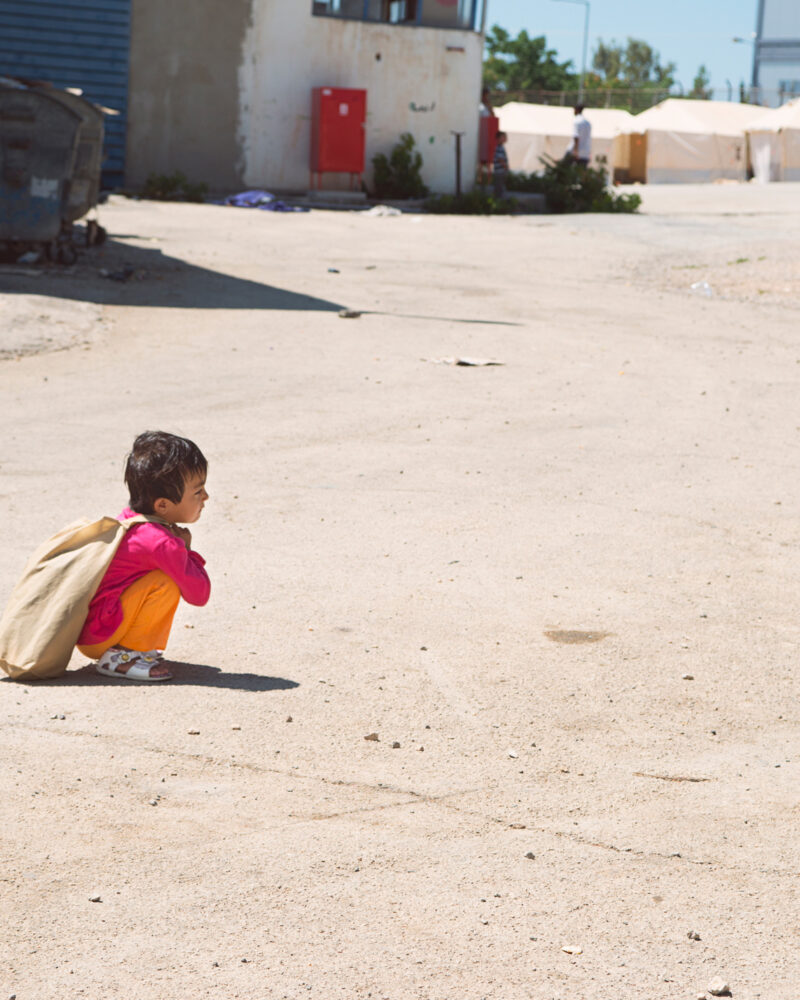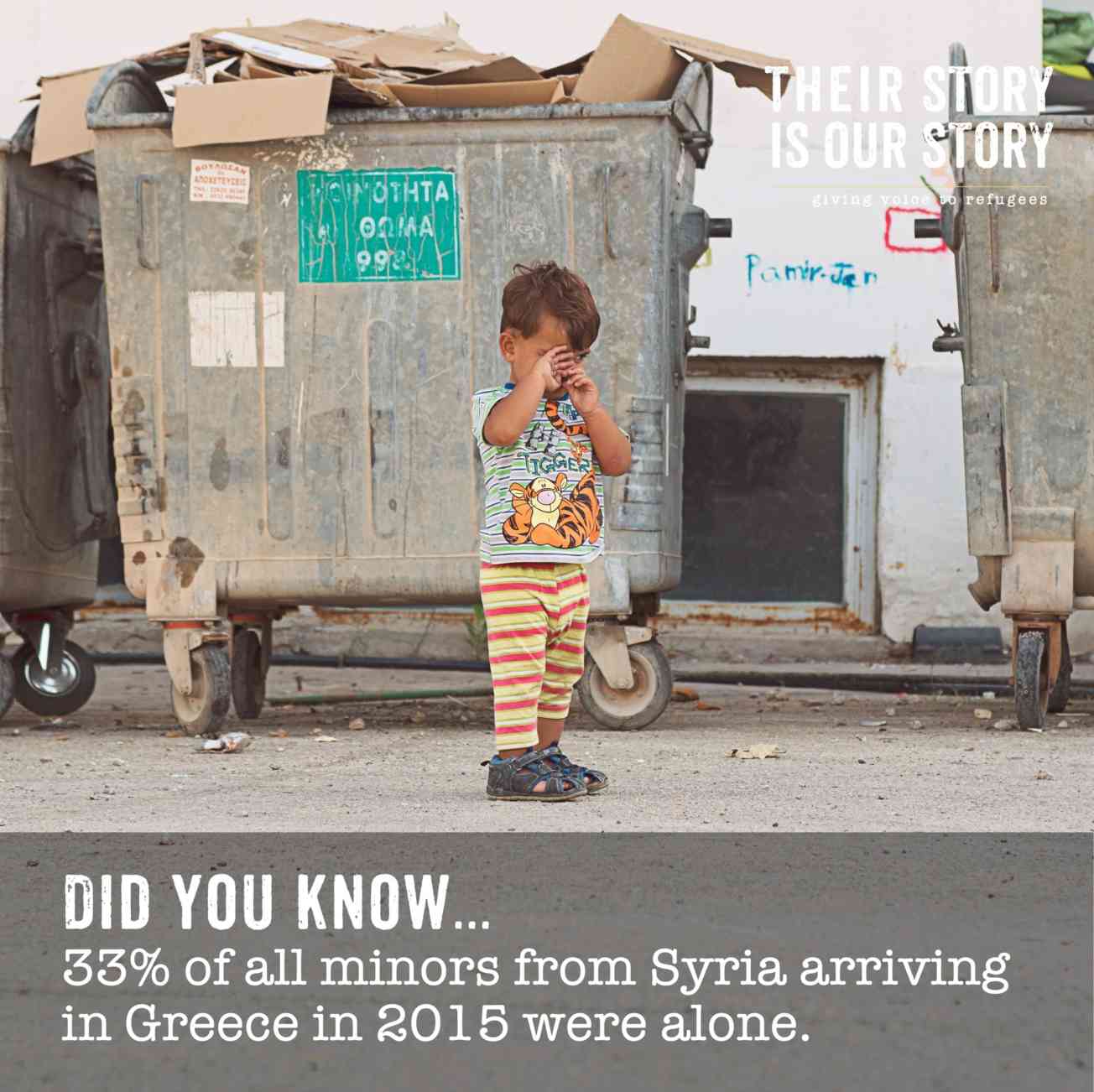Unaccompanied Minors
In 2015, 10,000 vulnerable minors disappeared in the overwhelming immensity of the refugee humanitarian crisis.


Writing by Twila Bird
Photography by Lindsay Silsby
More than 10,000 unaccompanied refugee children went missing in Europe during 2015 according to Europol, the EU’s police intelligence agency. And thousands more in 2016. They vanished after registering with state authorities. Europol said some might have been passed on to family members but their whereabouts are unknown.
Research suggests that up to 50% of unaccompanied children who pass through reception centers in the EU go missing, some as young as 8 years old.
“There are different reasons children arrive unaccompanied,” according to Delphine Moralis, secretary general of Missing Children Europe. “Some of them have been sent by their parents hoping that their child would have a better chance at life, some of these children have been separated from their parents by smugglers as a way of controlling them, and some would have lost their parents in the chaos.”
No one knows what has happened to all of these children; the vulnerable minors are simply lost in the overwhelming immensity of the refugee humanitarian crisis. Few border agencies file missing person reports because of long reporting procedures, overworked employees, and lack of financial resources.
In many cases smugglers are turning the children they bring into Europe into the hands of traffickers to make more money. Those children are then dragged into prostitution or slavery.
(Migrant Crisis: More than 10,000 Children Missing: http://www.bbc.com/news/world-europe-35453589)

Our team members obtain informed consent from each individual before an interview takes place. Individuals dictate where their stories may be shared and what personal information they wish to keep private. In situations where the individual is at risk and/or wishes to remain anonymous, alias names are used and other identifying information is removed from interviews immediately after they are received by TSOS. We have also committed not to use refugee images or stories for fundraising purposes without explicit permission. Our top priority is to protect and honor the wishes of our interview subjects.